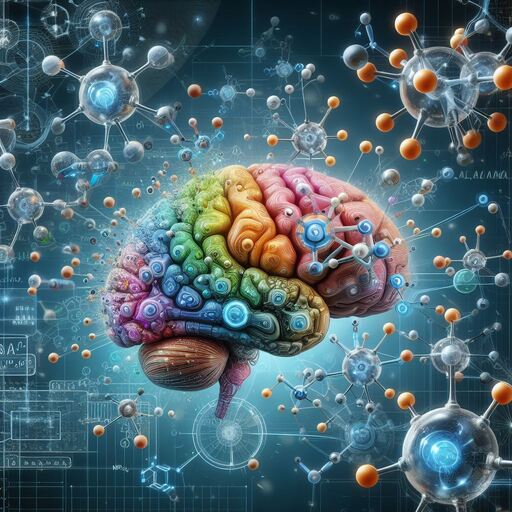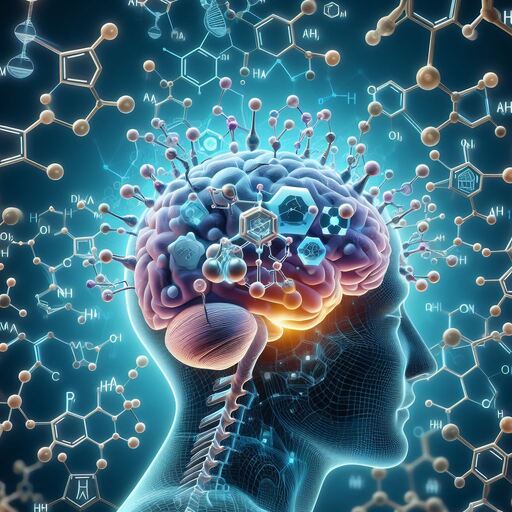Acetylcholine The Key Molecule for Cognitive Enhancement
Acetylcholine The Key Molecule for Cognitive Enhancement
Acetylcholine is a neurotransmitter that plays an essential role in cognitive functioning, including memory and learning. Its release facilitates communication between neurons in the nervous system, allowing new information to be encoded, consolidated, and retrieved from long-term memory storage.
Acetylcholine is involved in several different mechanisms of cognitive functioning, including encoding, consolidation, and retrieval. During encoding, new information is transferred from short-term to long-term memory. This process requires the release of acetylcholine, which helps to strengthen the connections between neurons and make them more resistant to degradation over time.
During consolidation, the newly encoded information is integrated into existing knowledge and stored in long-term memory. This process involves the strengthening of neural connections and the formation of new synapses. Acetylcholine plays an essential role in this process by facilitating the release of glutamate, another neurotransmitter that strengthens synaptic connections.
Acetylcholine The Key Molecule for Cognitive Enhancement
Finally, during retrieval, memories are accessed from long-term storage and brought into consciousness. This process involves the activation of specific neurons that were involved in encoding the memory. Acetylcholine is again released, allowing these neurons to communicate with each other and retrieve the stored information.
Acetylcholine also plays a critical role in other cognitive processes, such as attention, perception, and language. It is involved in the development of various neurodegenerative diseases, including Alzheimer’s disease, Parkinson’s disease, and multiple sclerosis, which can lead to impairments in memory and cognitive function.
Research on acetylcholine has led to the development of several drugs that target this neurotransmitter, such as cholinesterase inhibitors, nicotinic agonists, and muscarinic agonists. These drugs have been shown to improve memory and cognitive function in both healthy individuals and those with neurological disorders.
Acetylcholine The Key Molecule for Cognitive Enhancement
Cholinesterase inhibitors are a class of drugs that increase the levels of acetylcholine in the brain by inhibiting the breakdown of the neurotransmitter by enzymes called cholinesterases. By increasing the levels of acetylcholine, these drugs help to improve memory and cognitive function, particularly in individuals with dementia and other neurological disorders.
Nicotinic agonists are another class of drugs that target acetylcholine receptors in the brain. These drugs mimic the effects of nicotine, a natural stimulant of acetylcholine release, by binding to nicotinic receptors on neurons. This leads to increased acetylcholine release and improved memory and cognitive function.
Muscarinic agonists are a class of drugs that also target acetylcholine receptors in the brain, but they act on a different type of receptor than nicotinic receptors. By binding to muscarinic receptors, these drugs increase acetylcholine release and improve memory and cognitive function.
In addition to their effects on memory and cognitive function, these drugs also have other benefits related to neuroplasticity. Neuroplasticity refers to the brain’s ability to change and adapt in response to new experiences and stimuli. These drugs help to promote neuroplasticity by increasing acetylcholine release and improving communication between neurons in the brain.
Overall, acetylcholine is a key molecule for cognitive enhancement and therapeutic interventions in neurodegenerative disorders. Further research is needed to fully understand the mechanisms of action of these drugs and to develop even more effective treatments for neurological disorders.
Acetylcholine The Key Molecule for Cognitive Enhancement

